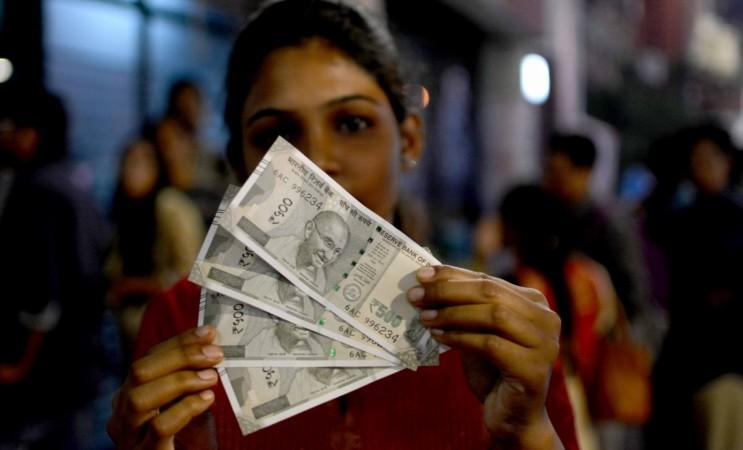
Budget 2017 could give Prime Minister Narendra Modi and finance minister Arun Jaitley an opportunity to play Rohin Hood. They would be in a position to redistribute wealth, if the gains from demonetisation indeed run into crores of rupees (estimates say it could be as high as Rs 3-4 lakh crore, or ~$45-60 billion).
Read: FM Arun Jaitley provides insights on income tax collection in India
The economic slowdown caused by the currency crunch could be offset to some extent, if the BJP-led NDA government takes recourse to populism. However, will such an approach be sustainable? No, says a brokerage.
The advice comes even as finance minister gears up to present the annual document on February 1 amid huge expectations of tax cuts and stimulus to a slowing economy.
"Following demonetization, tax evaders are expected to have to share a portion of their wealth with the government, which, in turn, is likely to be redistributed among honest tax payers (by cutting individual income tax rates or reducing corporate tax rate) and other domestic entities (by increasing its spending)," Motilal Oswal Securities Limited (MOSL) said in a note.
"However, we argue that such redistribution may not impact FY18 GDP growth much. In the worst case scenario, it would convert investments/savings into consumption, which (as we have argued several times), is highly unsustainable and undesirable," the note added.
Speculation is high that a cash-rich Modi government would be tempted to stimulate the economy using the Budget 2017 by announcing incentives as it could not just reverse the slowdown, but also pay political dividends to the BJP in the upcoming assembly elections to five states.
"The market is expecting a fiscal stimulus following demonetization, and it will be interesting to see how the government acts to meet these expectations. In case the Union government announces to spend additional resources or convert them into tax breaks, we believe it may have little impact on FY18 GDP growth," MOSL wrote.
But such a move at the cost of ignoring fiscal discipline must have a strong case. "Higher fiscal deficit leads to incrementally higher demand of goods & services if and only if the new borrowing is financed by either the monetary authority or by foreign entities (to some extent)."
On the other hand, a judicious approach to spending the fiscal windfall would pay off in the subsequent years, since capital spending does give a fillip to growth.
"...there could be some boost to GDP growth in subsequent years to the extent that these additional resources are spent on capital account rather than redistributing to the general public as tax breaks (or spending on revenue account)."
The upside is, however, restricted. "...the central government alone cannot revive the investment cycle in the Indian economy because it accounts for only ~6% of total investments (Exhibit 6). In FY15, the private corporate sector accounted for ~43% of total investments, while general government (Central + state governments) accounted for ~13%," the MOSL note said.

















